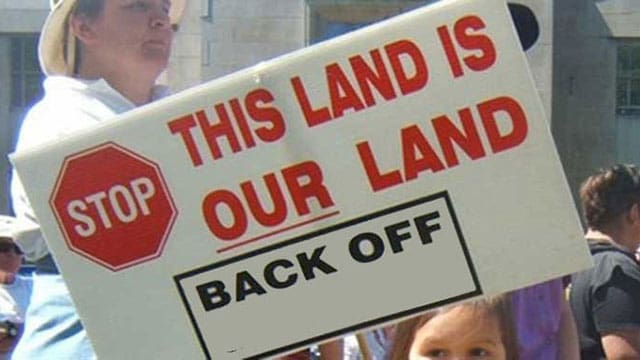The notion that BC and Canada are illegitimate due to their colonial past is unfounded. The Supreme Court of Canada confirmed in the Sparrow case that sovereignty and legislative power have always been vested in the Crown. Both British Columbia and Canada are legitimate entities.
The BC NDP’s reconciliation agenda is driven by the UN Declaration on the Rights of Indigenous Peoples (UNDRIP), which both Canada and BC have committed to aligning with their laws. The BC legislation, called the Declaration on the Rights of Indigenous Peoples Act (DRIPA), mandates consultation only with Indigenous peoples, excluding other British Columbians from the process.
This exclusionary approach means that the views of non-Indigenous British Columbians on aligning provincial laws with UNDRIP, or whether this alignment is necessary, are not considered. This process is inherently divisive and has led to unpopular proposed amendments, such as those to the BC Land Act.
The government claims that UNDRIP is consistent with Canadian constitutional law on Aboriginal rights, but this is misleading. The Canadian constitution already provides a framework for reconciliation that balances Aboriginal rights with the rights of other Canadians, a concept absent from UNDRIP.
Jody Wilson-Raybould, former Attorney General of Canada, described adopting UNDRIP into Canadian law as “unworkable” because its vague language is open to various interpretations and political manipulation. The BC government has created a mini-bureaucracy to define the meaning of UNDRIP articles in ways that align with its political objectives and the goals of Indigenous communities, without public involvement.
This process has led to divisive and controversial policies, such as the Land Act amendments and the Sechelt Dock Management Plan. The government’s reliance on unelected advisors for these interpretations further excludes the broader public from meaningful participation in reconciliation efforts.
DRIPA’s approach to reconciliation is not sustainable. It mandates that the process be based solely on UNDRIP and conducted exclusively between the provincial government and Indigenous peoples. This exclusion of non-Indigenous British Columbians from the reconciliation process is a fundamental flaw that undermines the legitimacy and effectiveness of these efforts.
The existing Canadian legal framework for reconciliation, rooted in the constitution, already provides a balanced approach that considers the rights and interests of all Canadians. This framework ensures that reconciliation efforts are inclusive and balanced, unlike the current approach under DRIPA.
The BC NDP government’s focus on UNDRIP and their exclusionary practices have created unnecessary divisions within the province. Returning to Canadian constitutional law as the basis for reconciliation would promote a more inclusive and balanced approach, fostering unity rather than division.
British Columbia and Canada are legitimate entities with a colonial past that cannot be erased. However, recognizing this past does not mean delegitimizing the present. Instead, it calls for a balanced and inclusive approach to reconciliation that respects the rights and contributions of all residents. By embracing a comprehensive and fair framework for reconciliation, we can ensure that all voices are heard and that our shared future is built on mutual respect and understanding.
The next BC government should reconsider this approach and return to a framework that promotes true reconciliation and unity for all British Columbians.



